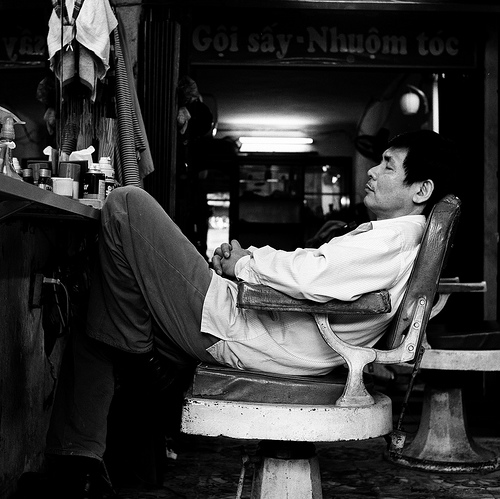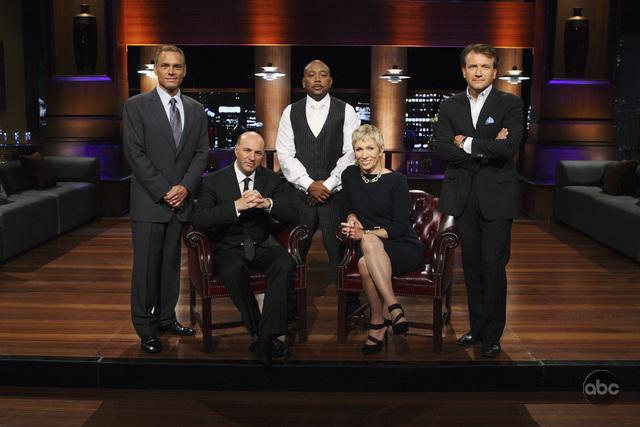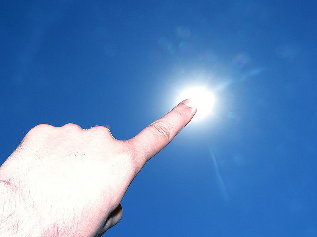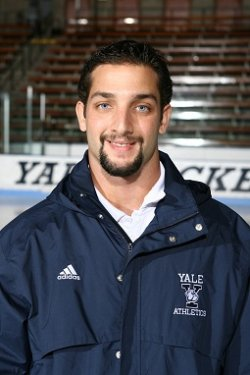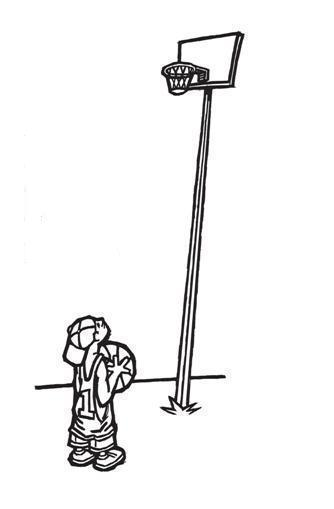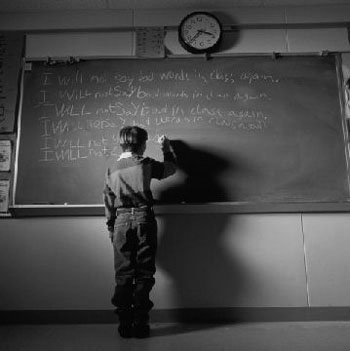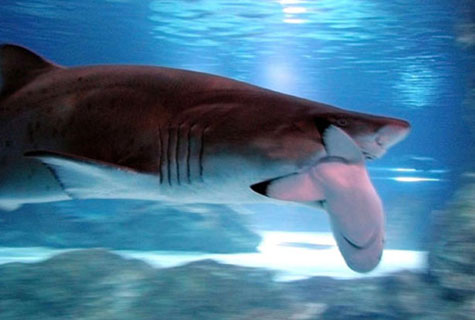
Continued from Part 4
In basketball you have to shoot 50pct. If you make an extra 10 shots per hundred, you are an All-Star. In baseball you have to get a hit 30 pct of the time. If you get an extra 10 hits per hundred at bats, you are on the cover of every magazine, lead off every SportsCenter and make the Hall of Fame.
In Business, the odds are a little different. You don’t have to break the Mendoza line (hitting .200). In fact, it doesnt matter how many times you strike out. In business, to be a success, you only have to be right once.
One single solitary time and you are set for life. That’s the beauty of the business world.
I like to tell the story of how I started my first business at age 12, selling garbage bags. No one ever has asked if I was any good or made money at it. I was, and I did…enough to buy some tennis shoes .
I like to tell the story of how I started up a bar, Motley’s Pub when I wasn’t even of legal drinking age the summer before my senior year at Indiana University. No one really asks me how it turned out. It was great until we got busted for letting a 16-year-old win a wet t-shirt contest (I swear I checked her ID, and it was good!).
No one really asks me about my adventures working for Mellon Bank, or Tronics 2000, or trying to start a business selling powdered milk (it was cheaper by the gallon, and I thought it tasted good). They don’t ask me about working as a bartender at night at Elans when I first got to Dallas, or getting fired from my job at Your Business Software for wanting to close a sale rather than sweeping the floor and opening up the store.
No ever asked me about what it was like when I started MicroSolutions and how I used to count the months I was in business, hoping to outlast my previous endeavors and make this one a success.
With every effort, I learned a lot. With every mistake and failure, not only mine, but of those around me, I learned what not to do. I also got to study the success of those I did business with as well. I had more than a healthy dose of fear, and an unlimited amount of hope, and more importantly, no limit on time and effort.
Fortunately, things turned out well for me with MicroSolutions. I sold it after 7 years and made enough money to take time off and have a whole lot of fun. Back then I can remember vividly people telling me how lucky I was to sell my business at the right time.
Then when I took that money and started trading technology stocks that were in the areas that MIcroSolutions focused on. I remember vividly being told how lucky I was to have expertise in such a hot area, as technology stocks started to trade up.
Of course, no one wanted to comment on how lucky I was to spend time reading software manuals, or Cisco Router manuals, or sitting in my house testing and comparing new technologies, but that’s a topic for another blog post.
The point of all this is that it doesn’t matter how many times you fail. It doesn’t matter how many times you almost get it right. No one is going to know or care about your failures, and either should you. All you have to do is learn from them and those around you because…
All that matters in business is that you get it right once.
Then everyone can tell you how lucky you are.

